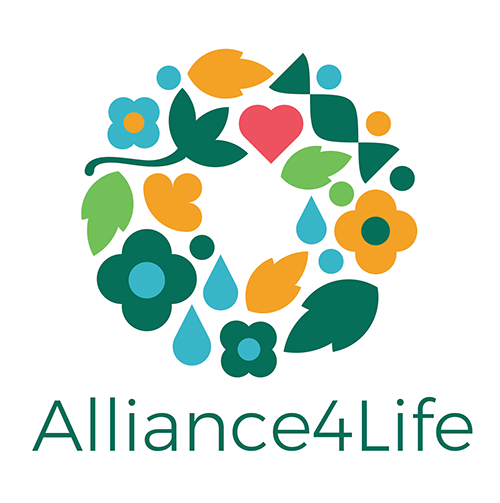
Statement by Alliance4Life on Proposal for Horizon Europe
Statement on Horizon Europe for DOWNLOAD (PDF)
Alliance4Life represents 10 leading universities and research institutes in Life Sciences (in particular Health Research) across Central and Eastern Europe. We welcome the proposal issued by the European Commission on the 9th Framework Programme for Research and Innovation „Horizon Europe“. We take note of and endorse the statements made by other European umbrella organisations, of which several Alliance4Life partners are also members, in particular EU-LIFE, EUA, and The Guild.
We support the overall concept and general structure of the European Commission´s proposal as well as the proposed financial allocation for Sharing Excellence. We also commend the Commission´s determination to ensure administrative simplification in implementation of Horizon Europe. However, we are concerned that the funding allocation currently proposed for Horizon Europe within the EU Multiannual Financial Framework would not be sufficient to meet the aspirations of the Programme. Insufficient funding for Horizon Europe would be a drawback for Central and Eastern Europe and new Member States of the EU in general, where opportunities provided by Framework Programme(s) have been critical to build capacity for science, scientific collaborations, and institutional culture in research. Therefore, we support the proposal of 14 university organizations to increase the budget to 160 billion EUR for Horizon Europe.
We note that the ERC grant system and Marie Skłodowska-Curie Actions are fundamental to fostering research excellence. In Central and Eastern European Member States, outcomes of these schemes also provide an important and independent benchmark, not only for individual, but also institutional performance in terms of top talents´ attraction, support, and retention. Therefore, we join EU-LIFE recommendations to expand these schemes that are necessary for enabling and promoting leadership in scientific research.
Furthermore, we recommend:
- Allowing direct financing of research activities on a more flexible scale within Sharing Excellence, which would enable better use of synergies between Horizon Europe and the European Structural and Investment Funds as was successfully done during the 7th Framework Programme´s Research Potential (REGPOT) scheme;
- Apart of big flagship projects and mission, calling also for smaller collaborative grants to initiate new scientific collaborations across Europe, opening up established networks, and motivate more participants to submit proposals with higher success rates, which will strengthen the whole European Research Area;
- Acknowledging that the relevance of scientific research is best seen from a long-term perspective, depending on a number of other factors, such as societal and technological readiness, which calls for focus from a wider perspective on relevance, instead of a more narrow concept of impact;
- Supporting creative and most innovative, question-driven research that has the potential to result in new enabling technologies (as was the case of, for example, CRISPR-Cas9 or quantum computing), not only in the Open Science Pillar, but also across the Health, and Food and Agriculture clusters;
- Focusing more on a disease-oriented approach in digital health topics, including a better understanding of the relevance of big data, and an increased capacity of their analysis, which has high potential of major societal benefits in health;
- Placing even more emphasis on institutional capacity and culture building, as well as strengthening dialogue between the European and national funding authorities.
At all further stages, Alliance4Life is ready to actively contribute to formation of the next Framework Programme that will enable and support excellence in science and innovation, close the performance gap within the European Union, and make Europe the strongest global player in research and innovation.
Masaryk University, Central European Institute of Technology (CEITEC)
St. Anne's University Hospital Brno – International Clinical Research Center (FNUSA-ICRC)
Biomedical Research Center of the Slovak Academy of Sciences (BMC SAS)
Medical University of Lodz (MUL)
University of Zagreb, School of Medicine (UZSM)
University of Tartu (UT)
Vilnius University (VU)
Latvian Institute of Organic Synthesis (LIOS)
University of Ljubljana (UL)
Semmelweis University (SU)
 The project “Alliance for Life Sciences: Closing Research and Innovation Divide in the European Union” received funding from the European Union’s Horizon 2020 research and innovation programme under grant agreement No. 779303.
The project “Alliance for Life Sciences: Closing Research and Innovation Divide in the European Union” received funding from the European Union’s Horizon 2020 research and innovation programme under grant agreement No. 779303.
Disclaimer: This document reflects the view of Alliance4Life consortium and the European Commission is not responsible for any use that may be made of the information it contains.

